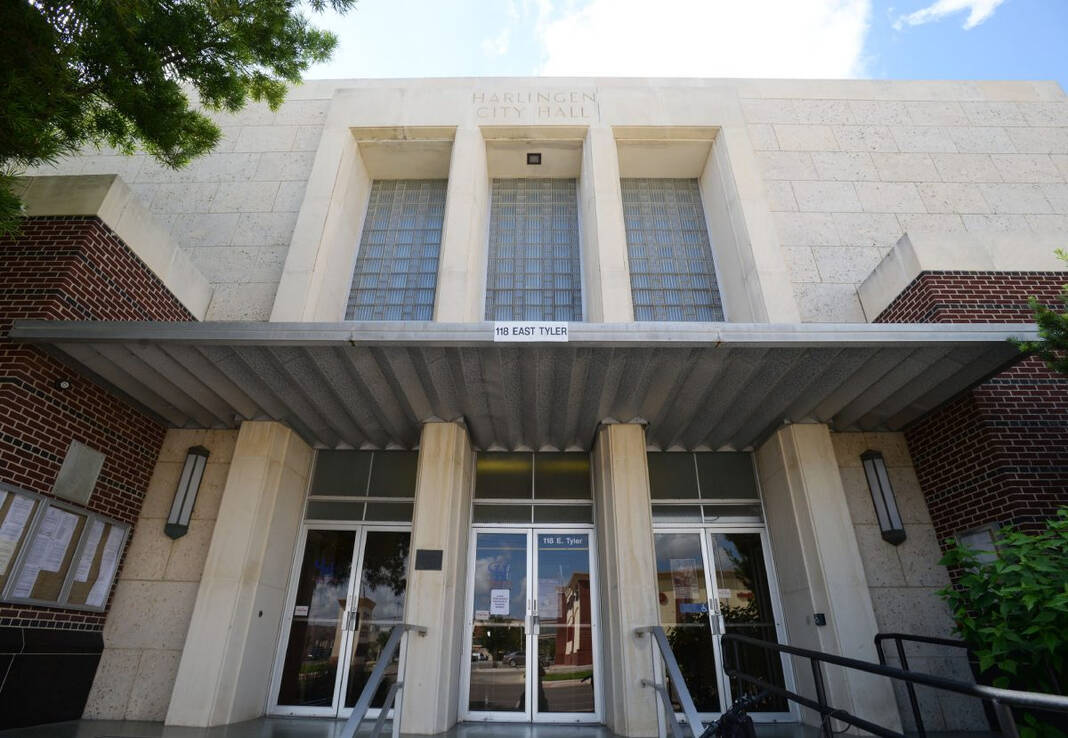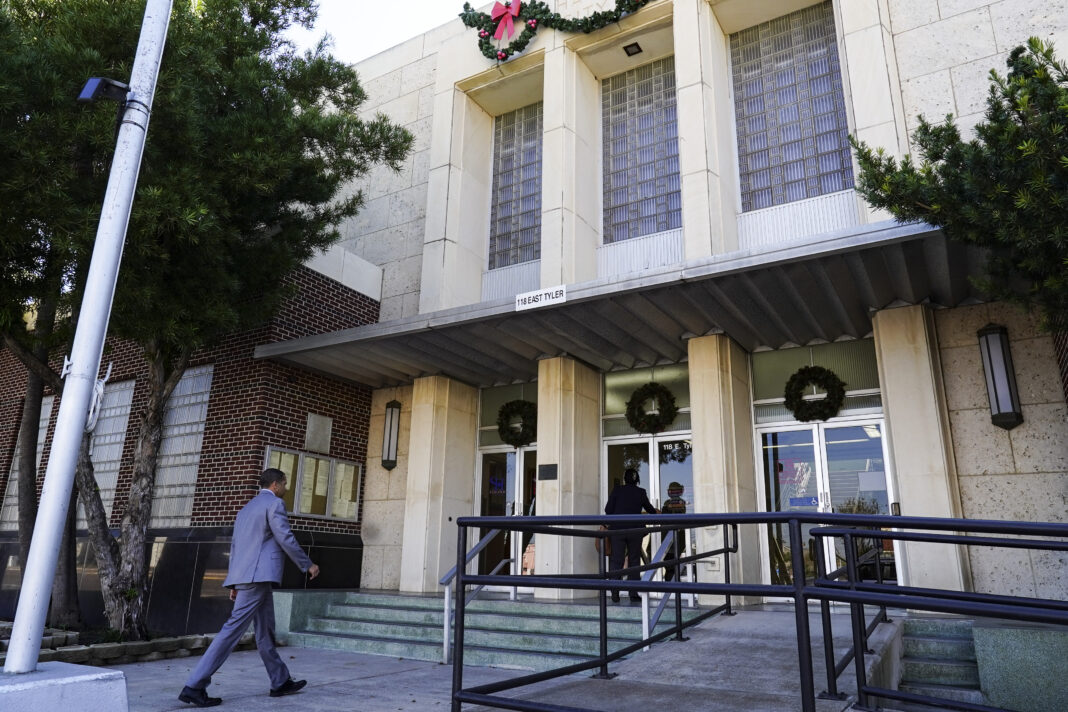|
Only have a minute? Listen instead
Getting your Trinity Audio player ready...
|
HARLINGEN — Some low-income residents might be getting $25 discounts on their water bills as officials propose boosting rates about 50% to help fund a $130 million sewer system overhaul.
Now, city commissioners are considering offering about 25% discounts to low-income customers, veterans and disabled residents.
“This is the most vulnerable population that we have,” Mayor Norma Sepulveda said during a Wednesday meeting. “It’s giving them a slight discount. They are still going to see an increase in their bill.”
Officials are planning to determine the residents who would get discounts.
During a presentation, Tim Skoglund, the WaterWorks System’s general manager, said the planned discounts will lead officials to revise the proposed water rate hikes, “which then could have bigger impacts on the overall rate plan.”
For years, the city’s water rates have ranked as the third lowest in the Rio Grande Valley, behind Edinburg and Mission.
Based on a Harlingen WaterWorks System’s study, officials are proposing boosting minimum monthly charges for customers on 5/8-inch water meters from the current $7.93 to $9.91 later this year then to $23.23 by 2028.
As customers use more water, rates would climb.
The proposed rate hikes would increase average monthly bills from the current $30.58 to $33.58 later this year then to $63.53 by 2028.
Now, the city’s current minimum monthly water rate stands at $7.93 on a 5/8-inch meter, plus $1.65 for an additional 1,000 gallons, while the minimum sewer rate is set at $6.18 on a 5/8-inch meter, plus $3.66 for an additional 1,000 gallons, with average utility bills charging customers about $644 a year.

During Wednesday’s meeting, commissioners proposed giving $25 discounts based on about 25% of customer water rate base fees to about 1,000 residents in the Harlingen Housing Authority’s program.
“The reason that we proposed the housing authority is it could be easy to identify people and easy to confirm that they in fact need the assistance,” Sepulveda said. “This is just an effort to help them transition out of housing and not have additional financial burdens. Everyone wants to help folks, but how do we do that in a fair and equitable way?”
During discussion, Commissioner Michael Mezmar questioned limiting discounts to housing authority residents.
“I have a problem with this because we’re favoring one poor people over another poor people,” he told commissioners. “If you’re going to treat people, you should treat them equally, and I know that mathematically it would be difficult to prove in the city who’s poor and who qualifies.”
In response, commissioners agreed to plan discounts for some low-income customers including veterans and disabled residents.
The plan to offer discounts to low-income customers such as veterans and disabled residents will lead officials to revise the proposed water rates, Skoglund told commissioners.
“If we expand it beyond (the housing authority), then we have a much larger pool, which then could have bigger impacts on the overall rate plan,” he told commissioners.
While water rate revenue will help fund WaterWorks’ $130 million sewer overhaul, the agency’s requested the Texas Water Development Board grant the city about $150 million, Skoglund has said.
For years, Skoglund’s been planning one of the city’s biggest projects aimed at overhauling the city’s aging sewer system to make room for future growth.
In November, he unveiled the $130 million project aimed at upgrading the sewer system in which pipes are overloading, spurring some sewage overflows.
The project includes the construction of a main “interceptor” pipeline while building a deeper lift station and installing gravity lines to replace old lift stations, he said.





